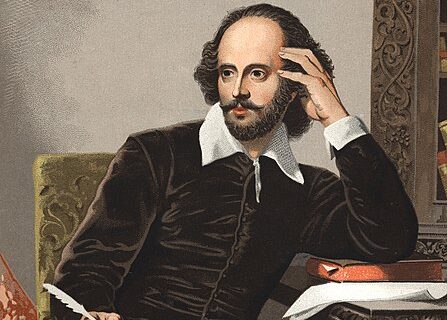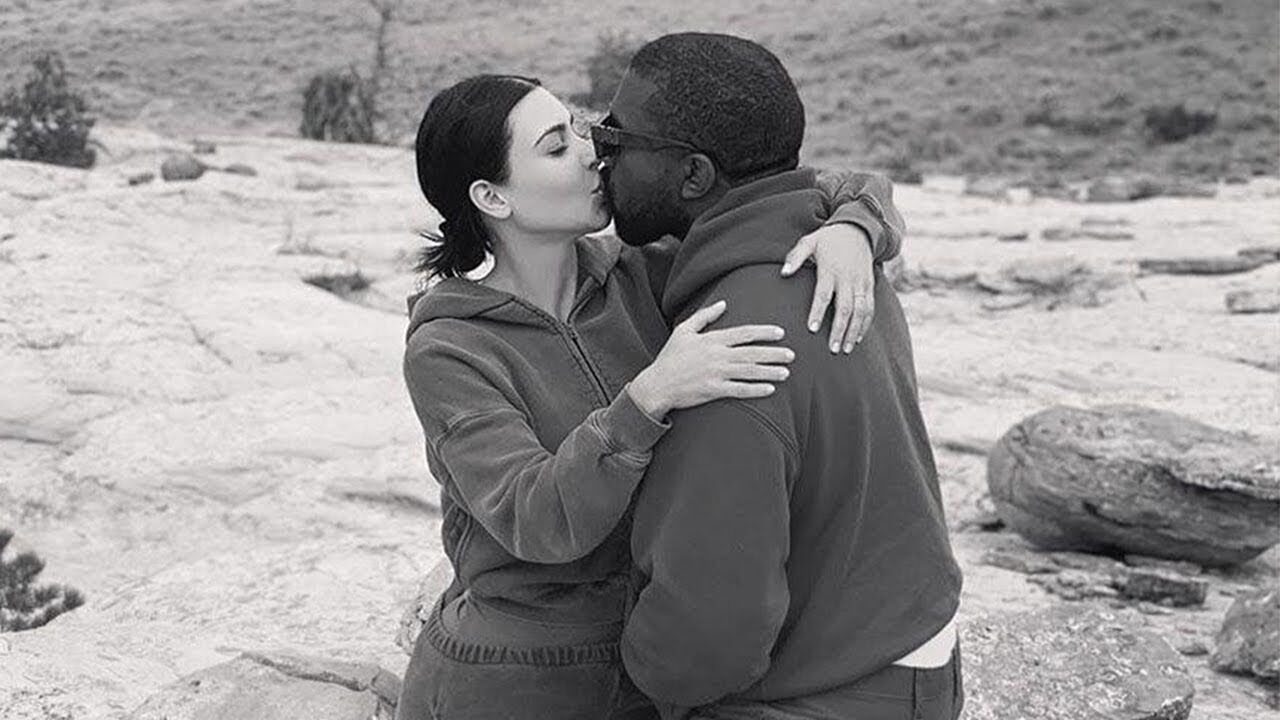William Shakespeare: Unraveling the Enigma
William Shakespeare, the renowned playwright and poet of the Elizabethan era, is celebrated for his literary genius and lasting contributions to English literature.. The brilliance of his work is undebatable, yet his life remains a cryptic narrative, fueling a plethora of controversies and conjectures. As we delve into the annals of time, we encounter eleven captivating controversies that have swirled around the life, works, and identity of this literary titan.
Authorship Debate: One of the most enduring controversies is the debate over whether William Shakespeare of Stratford-upon-Avon was the true author of the works attributed to him. Some theorists propose that the plays and sonnets were penned by other individuals, such as Christopher Marlowe or Francis Bacon. Despite extensive evidence linking Shakespeare to his works, the authorship question continues to spark scholarly discussions.
Shakespeare’s Education: Limited information exists about Shakespeare’s formal education, leading to debates about the extent of his schooling. Some argue that his extensive knowledge of various subjects suggests a more comprehensive education than traditionally assumed.
Marriage and Love Life: Shakespeare’s marriage to Anne Hathaway at a young age has raised questions about the nature of their relationship and the circumstances surrounding their union. Speculation persists about his romantic interests and potential relationships.
Religious Beliefs: The religious beliefs of Shakespeare have been the subject of conjecture, with scholars analyzing his writings for clues about his faith. Some believe he may have held Catholic sympathies during a time of religious turmoil in England.
Sexuality: Shakespeare’s sonnets, particularly those addressed to a young man and a mysterious “Dark Lady,” have led to speculation about his sexual orientation. Interpretations of these verses have fueled discussions about his personal life.
Literary Sources: Shakespeare drew inspiration from a wide range of literary sources, including historical accounts and other plays. The extent of his originality versus adaptation has sparked debates about his creative process.
Political Views: Shakespeare’s plays contain political themes and commentary, leading to discussions about his views on monarchy, power, and governance during the politically charged Elizabethan era.
Classical Knowledge: Shakespeare’s works reveal a deep familiarity with classical literature, philosophy, and history. Scholars debate the extent of his formal classical education and whether he had access to original texts or relied on translations.
Collaboration and Co-Authorship: Some scholars propose that Shakespeare collaborated with other playwrights on certain works. The extent of such collaborations and the contributions of potential co-authors remain subjects of investigation.
Suppressed Plays: Theories suggest that certain plays written by Shakespeare may have been lost or intentionally suppressed due to their controversial content or political implications.
Temporal Anomalies: Discrepancies in timelines, such as historical events referenced in plays that appear to predate their actual occurrence, have led to debates about the dating and chronology of Shakespeare’s works.
In conclusion, the controversies surrounding William Shakespeare’s life and works stem from a combination of historical gaps, interpretive challenges, and the enduring allure of his literary legacy. The ongoing debates reflect the complexity and enigma of a figure whose influence on literature and culture remains undeniably profound. While many questions may never be definitively answered, the controversies serve as a testament to the enduring fascination and scholarly engagement inspired by the Bard of Avon.




